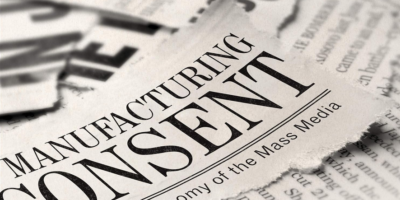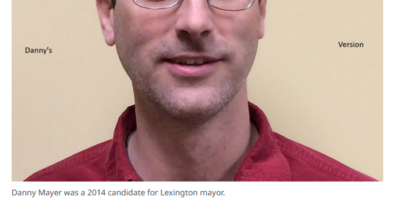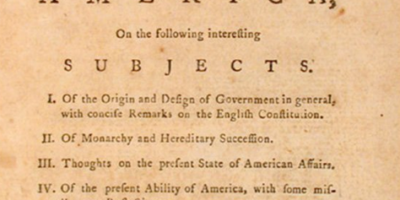By Emily Woods
As revolutions and protests have unfolded across the Middle East, I can only imagine that there is among many a mix of excitement and skepticism. Watching the crowds of shouting people, I am thrown back to the time of the Orange Revolution in Ukraine. I was only 14 at the time, but I still remember the excitement, the tension, and the fear of the people around me. Plastered in orange, people gathered in the city square, some drawn to the cause, some fearfully following the crowd. Young and old, they shouted together. Police poured into the streets. ATM machines closed across the city. Cash was short and so was patience. No one knew what was going on, but everyone had their opinion and openly shared it. The city, which only a few months earlier had lived in silence and suspicion, was now alive with voice and freedom. The people had risen.
I wondered where my place was in this rising. What did a middle school girl really have to contribute to the cause of revolution? I had no boldness, no voice, and,as an American, no understanding of what had stirred such passion in my friends. They gathered in crowds, their faces plastered with orange paint, their arms decorated with orange bands. Frightened and confused, I waited in the back, my eyes glued to the concrete sidewalk to avoid the attention of the police standing beside me. After half an hour, I walked over to a pile of concrete blocks and sat down. The crowd was growing in mass and volume, the roar of it vibrating the small concrete pebbles around me. Suddenly my surroundings seemed to close in. I was terrified of this crowd, of the police, of what could happen. Snatching up my bags, I ran for the nearest bus.
Later that night at my apartment, my friends were passionately discussing the events earlier that afternoon. Not wanting to appear the coward, I walked into the kitchen to boil water for tea. My friend followed me, asking about my opinions of the rally. I shrugged, really wanting to just move on from the topic. My friends never took no for an answer.
“Come on, Emily. You weren’t even there for an hour. You just got up and left.”
“I just…I don’t know,” I stammered, trying to come up with a good excuse. “I was just so scared. This whole town has turned upside down in that last week. Maybe it’s just me, but people seem so hateful and angry.”
“Well they deserve to be angry. Our leaders messed up and we’re asking them to make it right.”
“But why the rallies?” at this point I was grabbing for anything, “How can we call ourselves peace seeking Christians and still protest against the government?”
My friend was silent for a while. Awkwardness was uncomfortable, especially when it involved cultural differences, so I moved toward the pantry for the box of tea and some sugar.
“Emily, when you’ve lived in a country where everyone has been silent for decades, you are like the steam in a tea pot. You’ve been shut up for so long, afraid that if you speak out, you’ll lose your money, your friends, or your freedom. The elections were like a gas stove, just letting that steam build up and up. And these rallies- well that was the whistle letting you know it’s time for change. We want peace. We want what is right. But peace without a voice is not really peace at all.”
At that point, I began to understand my friend. I saw the passion in his eyes, like I had seen in my other friends’. It was a passion never seen in America or Europe, but I wanted it so badly. They seemed alive.
That day I learned that revolutions are for the life of the people rather than a dramatic change in government. Few people truly want anarchy, but in the core of their being is a desire for voice. Dictatorship is not a crime in itself. Certainly there have been good and caring rulers praised in the chronicles of our human history. But it is when the people are silenced that they begin to grasp for the hands of their government and scream for air as the filthy water of oppression rises. And it is when this silence is broken that the people are saved from that swelling sea.
The government of Ukraine remained corrupt even after the popular leader rose to power. The police went back into hiding and the stores and ATMs reopened. Life went on as usual. But something had changed. The people had found their voice. They had been saved their bondage of silence. And as I watch these protests spark across the Middle East, I think back to the rally and the conversation in the kitchen. I see that same passion lighting up their eyes. It is my hope that they too may find their voice.




Leave a Reply